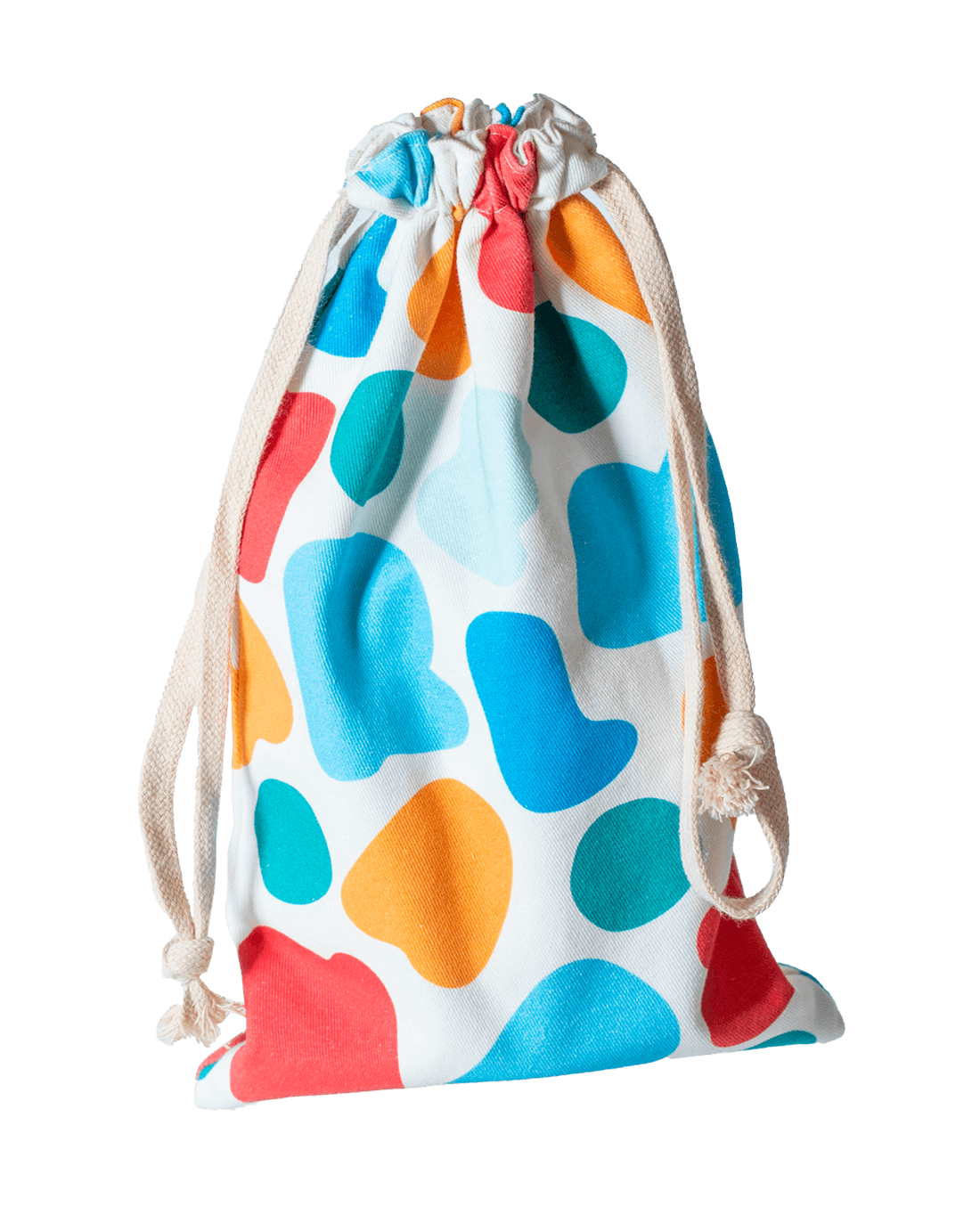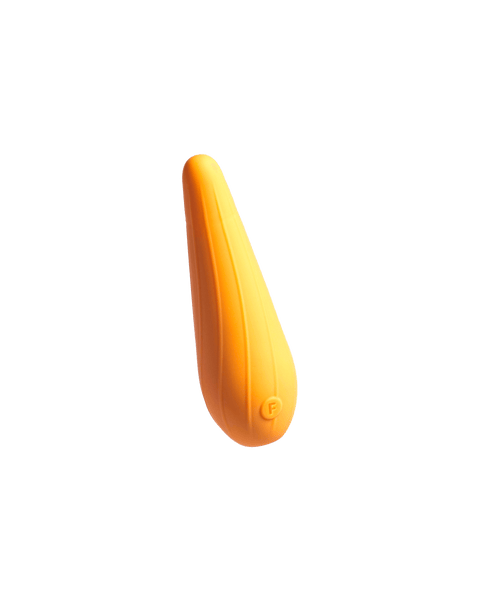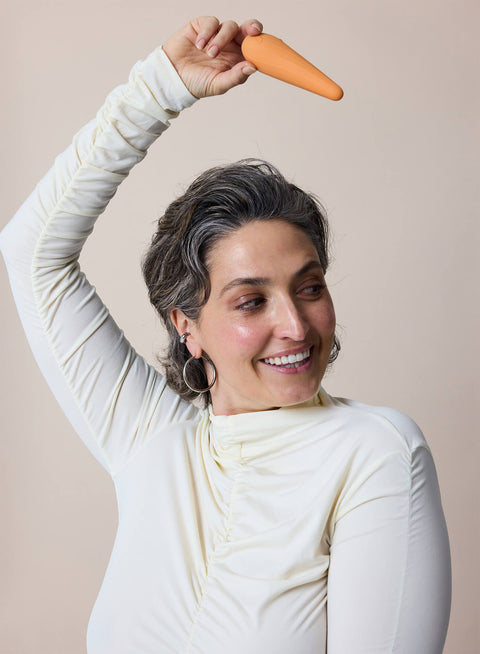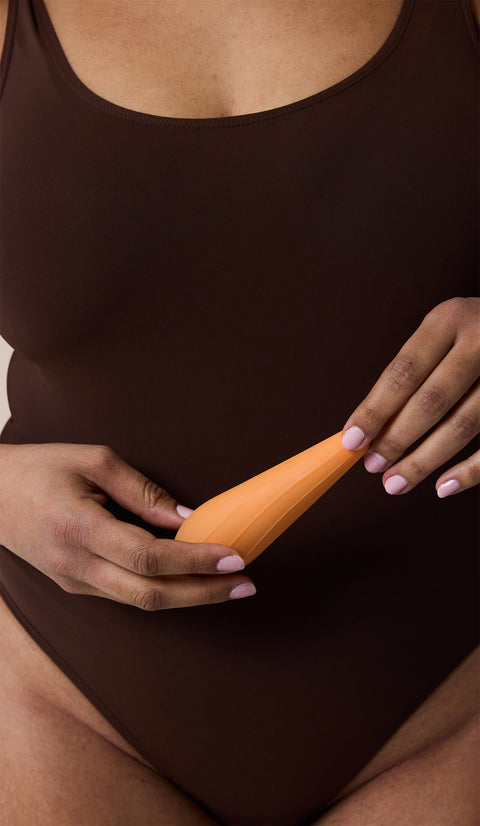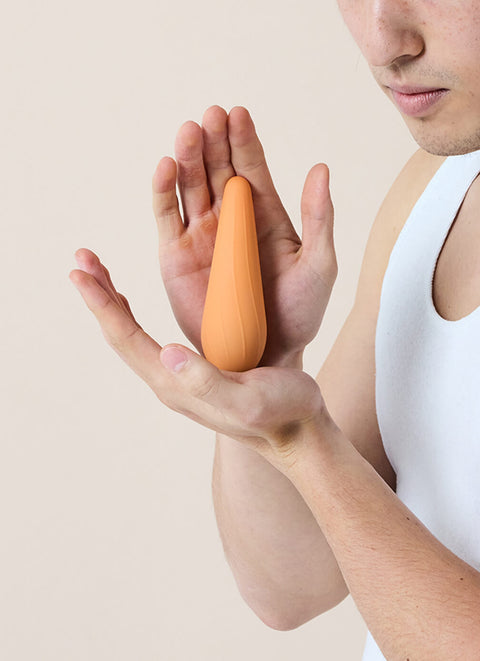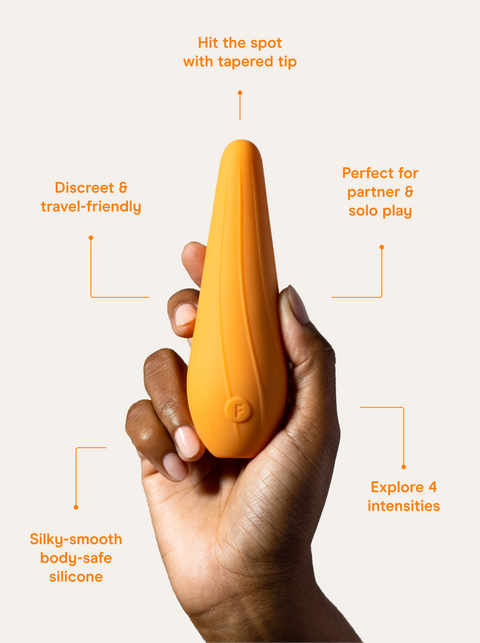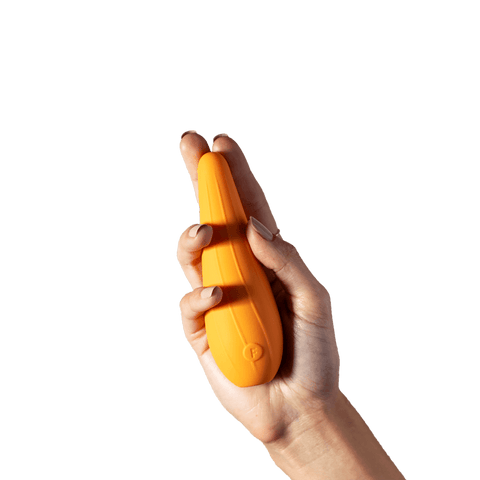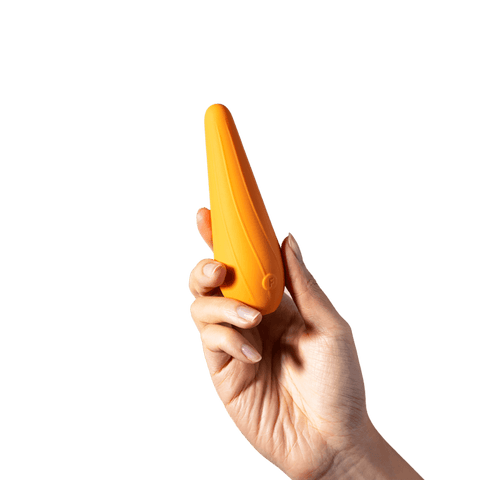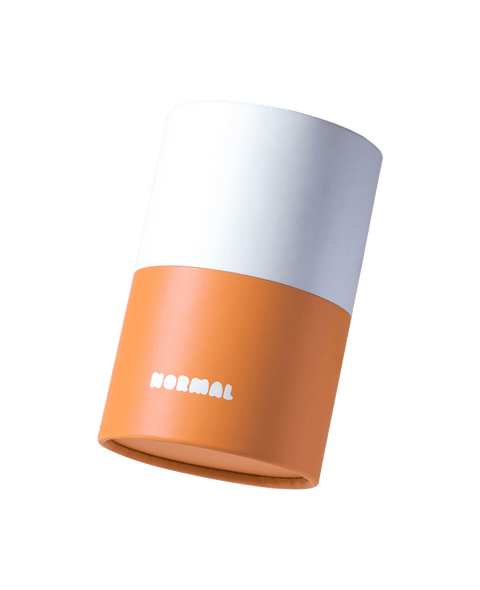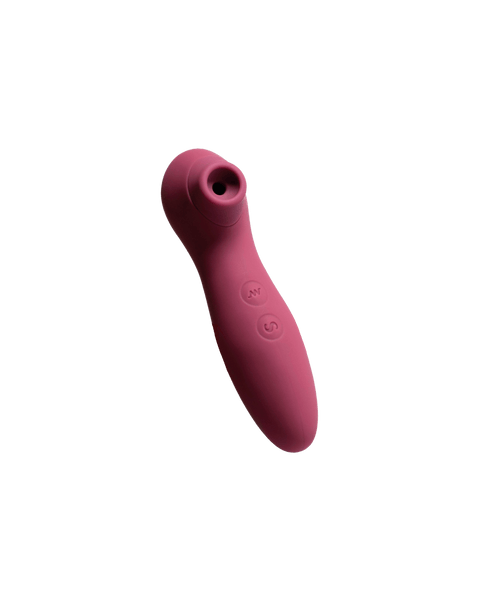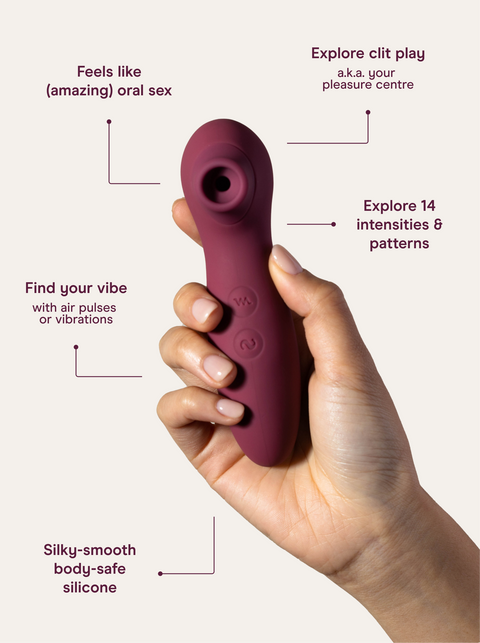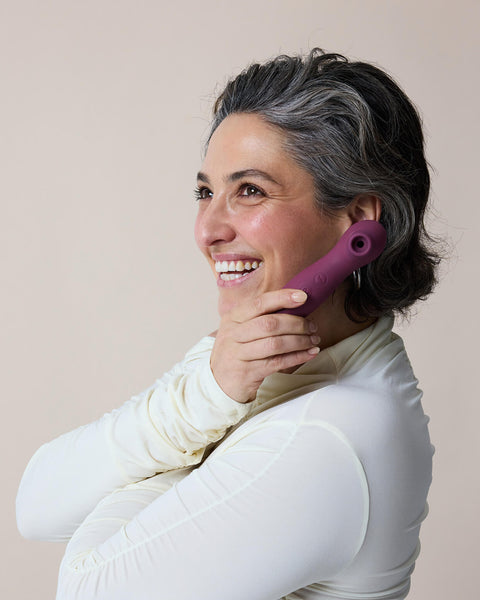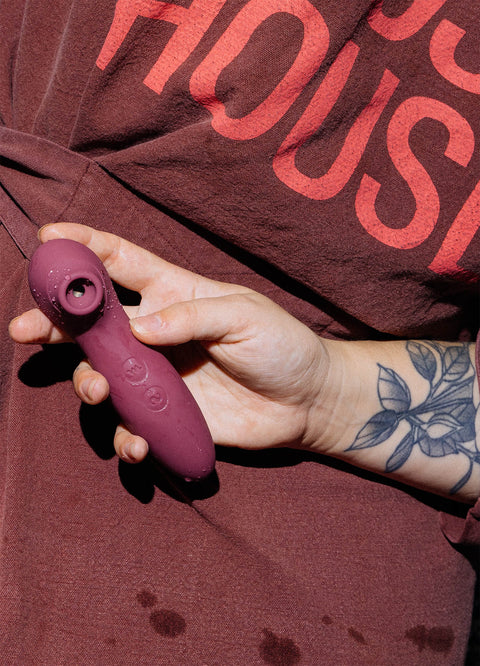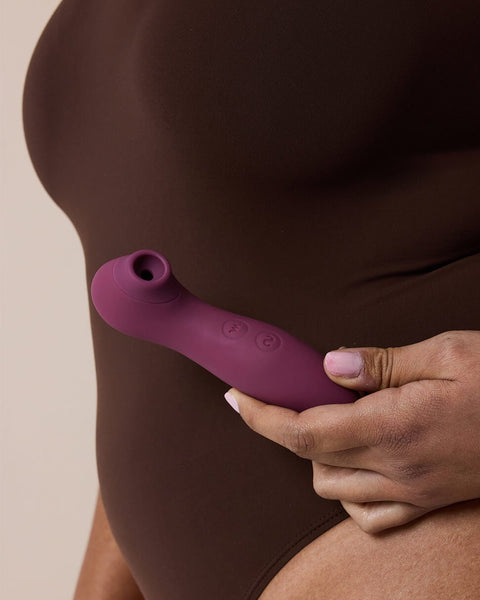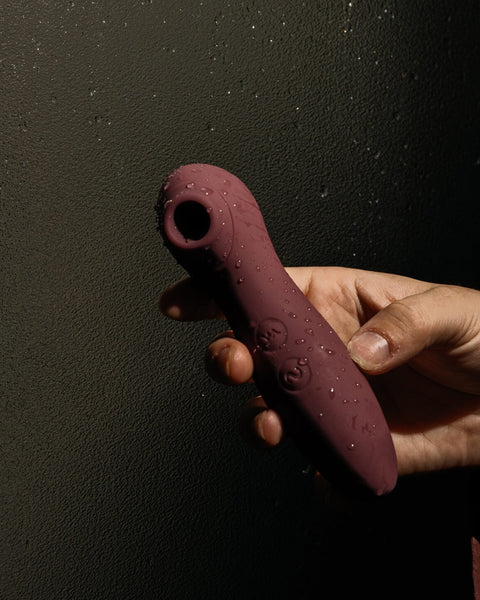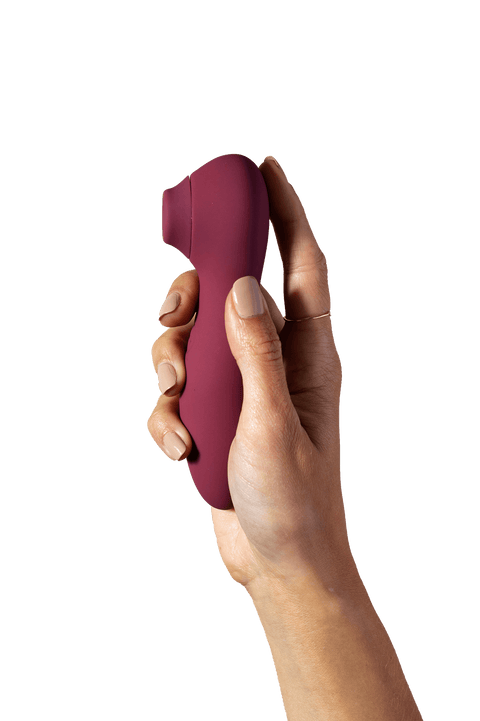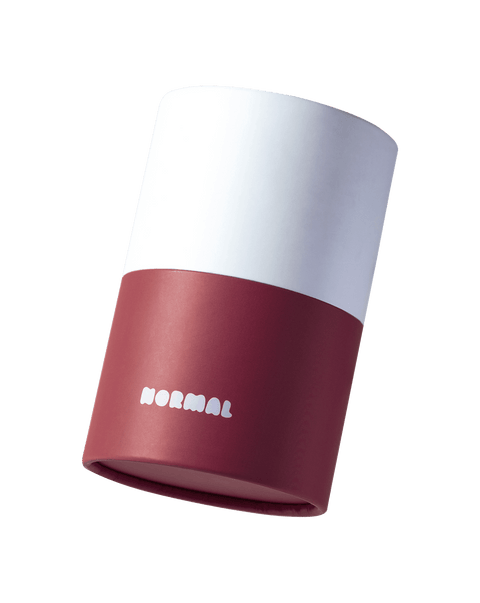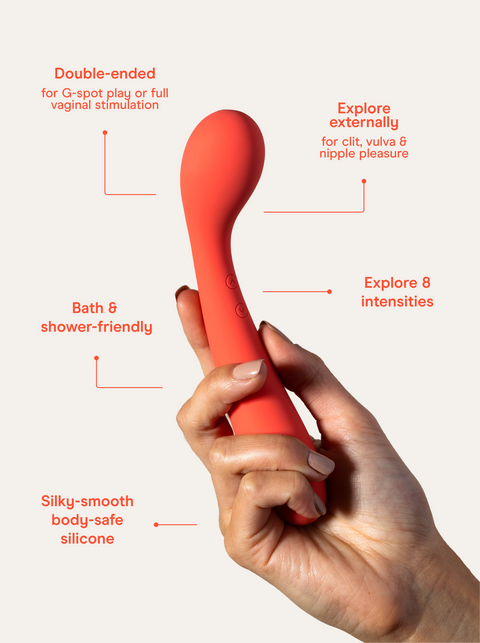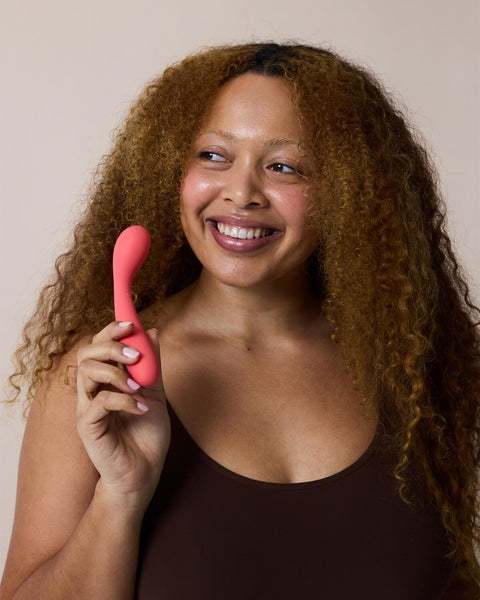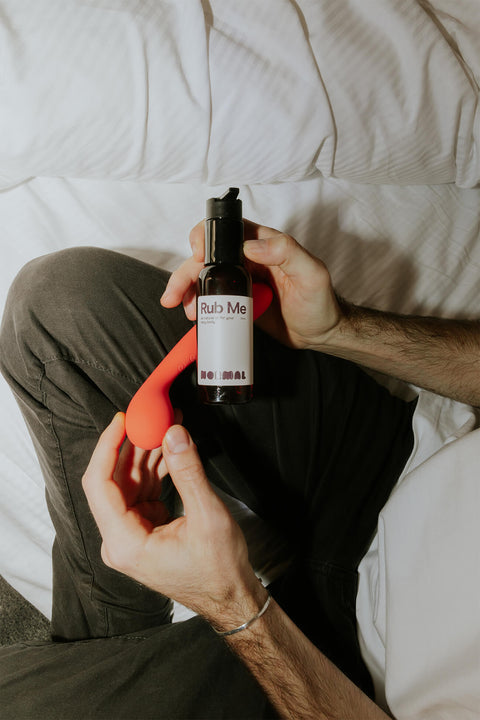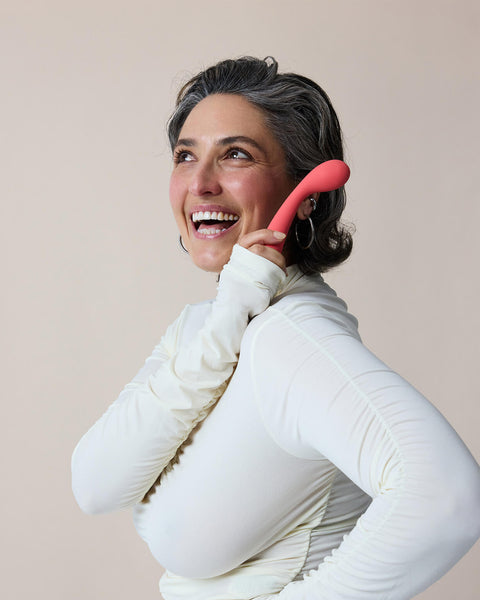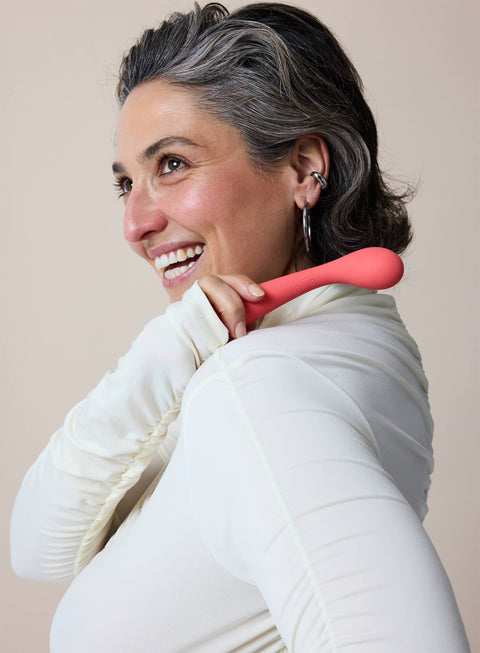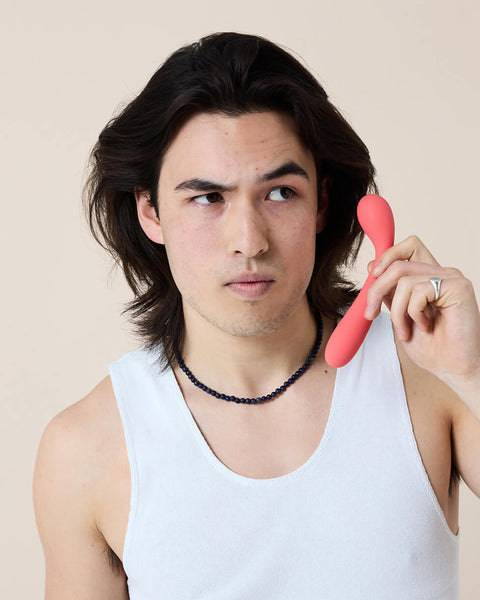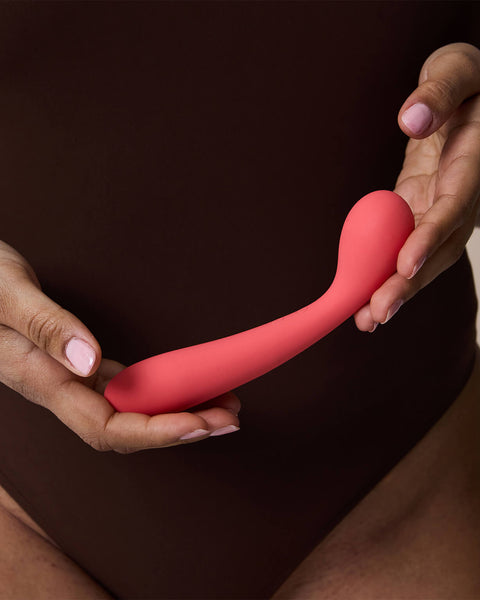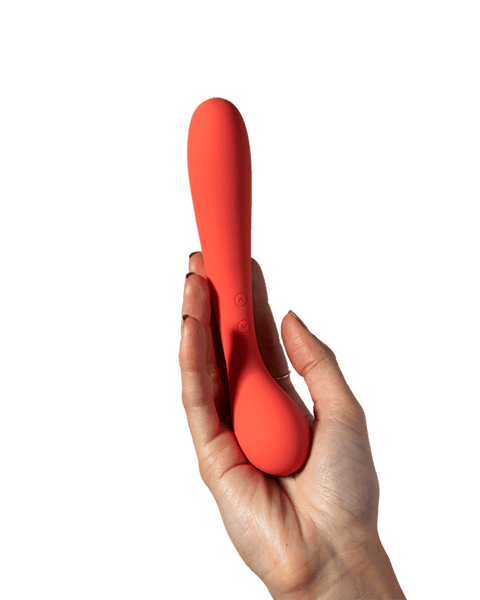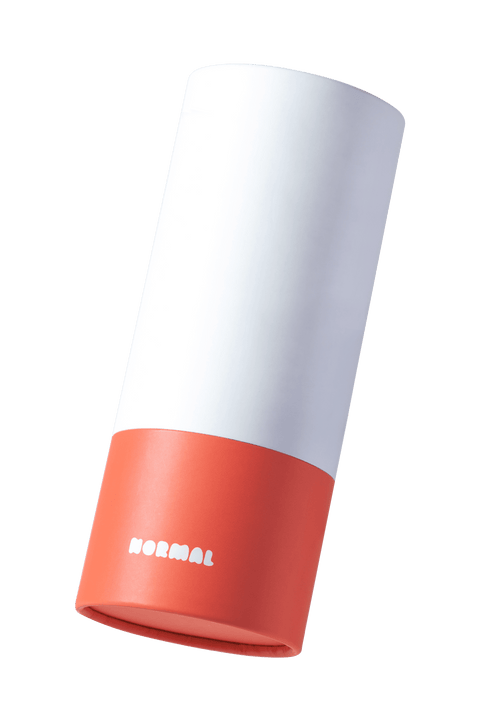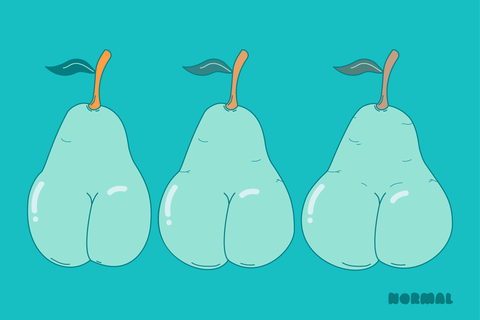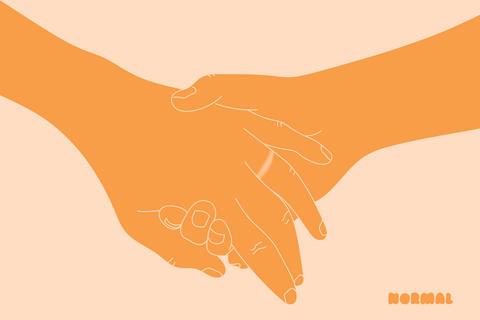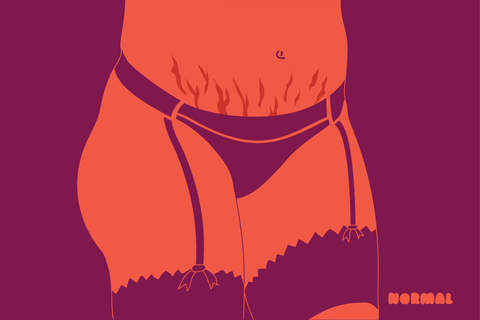Our bodies undergo constant changes throughout life, and as we enter our thirties and forties many of us notice—for the very first time—the signs of ageing.
Wrinkles appear, grey hairs pop up, skin begins to sag, and our bodies don’t always respond to intimacy and physical touch the way they used to in our twenties.
As we get older, we can also experience hormonal fluctuations, changes in metabolism, and alterations to our sexual function. Some of these changes can feel really jarring when we first notice them, but rest assured—we’re definitely not the only ones noticing our bodies change over time!
Today we’re going to look at how the body changes as we get older, and how some of these changes can impact our intimate and sexual functions. We’ll also look at what you can do to navigate these changes and make sure that you’re still enjoying intimacy and sex the way you want, regardless of age.
***
When we say ‘hormones’, you might think of the chemicals that brought on puberty when you were younger. Seemingly overnight, we became teenagers dealing with crushes, growth spurts, and acne—and many of these changes can be attributed to hormones.
But hormones continue to impact us throughout adulthood, and many of the changes that occur as we get older are a result of hormones, too.
For people of all genders, changing levels of important hormones like testosterone, oestrogen, and progesterone can affect us as we age.
Decreasing levels of testosterone, for example, can lead to changes in muscle mass and libido, as well as erectile function. Testosterone can also affect our energy levels and body composition, meaning that it can be harder to build muscle and lose body fat as we get older.
Similarly, oestrogen levels can decline as we age, leading to a loss of fertility and a lowered sex drive—although this all-important hormone can also affect the health of our skin, brains, and cardiovascular systems.
Levels of progesterone can also fall, leading to headaches, irritability and mood swings, and (in people who menstruate) the eventual loss of a period. In people who were born in female bodies, declining levels of oestrogen and progesterone can signal the beginning of menopause—in fact, researchers now believe that ‘perimenopause’, or early menopause, can happen as early as our 30s and 40s. The hormonal changes that occur before, during, and after menopause can lead to a range of symptoms, including hot flashes, mood swings, changes in menstrual patterns, vaginal dryness, and a decline in sexual desire, all of which can affect the way you have sex and experience intimacy.
More broadly, the process of ageing can affect many systems within the body that are important to our sexual function. Changes in blood flow and nerve sensitivity can affect erectile function, while changes in vaginal lubrication can impact the way we experience pleasure and comfort during penetrative sex.
There’s no denying it—our bodies change a lot as we get older. But we reckon it’s entirely possible to continue enjoying intimacy and pleasure as we age, right up until we hit those triple digits.
Here are some suggestions from us for ways to make pleasure a priority as we age.
- Speak to your GP about any changes that worry you. We always recommend getting regular check-ups, and as we age this becomes even more important. If you notice any changes in your body or your health that worry you, concern you, or even just make you think twice, don’t hesitate to mention them to your GP at your next check-up.
- Don’t neglect your mental health. Physical health is important, and so is mental health. Ageing can bring about a lot of big life changes, and if you’re struggling to cope or just need someone to talk to, we highly recommend asking your GP for a mental health care plan and speaking with a professional.
- Keep the lines of communication open. We know that ageing can sometimes have a stigma associated with it, and it might feel a bit awkward or uncomfortable at first to acknowledge changes in yourself that are occurring because of age. But we think honesty is the best policy! It’s so much better to tell your partner, “I’ve noticed I’m a bit drier down there than I used to be” or, “I’m not always able to get an erection these days” than to keep it bottled up and say nothing.
- Explore different types of intimacy. If penetration isn’t on the menu, consider other ways to explore physical touch and intimacy. What about swapping massages with a partner, reading each other some erotica, or just indulging in an old-school make-out session?
- Try some toys! (And don’t forget the lube.) If your body doesn’t always do what you expect it to do, explore some toys that you can use with your partner instead. Vibrators, dildos, and c-rings can all be helpful and fun things to bring into the bedroom—and if you struggle with dryness, like many of us often do, keep some lube handy as well.
- Don’t forget about safer sex. As we get older, it’s still important to be aware of contraception and safer sex. STIs can affect people of any age, so it’s important to use protection if you haven’t had ‘the talk’ with your partner (or if you’re in a non-monogamous relationship). And unplanned pregnancies can still occur as we get older, so consider using contraception even if you think you’re at the age when you won’t need it.
- Consider sex therapy. Sometimes it can help to have an open-minded, supportive, and neutral third-party suggest some ways that you and your partner can explore intimacy—and that’s exactly what a sex coach does! If you’re struggling to keep the spark alive, consider engaging a professional to give you some advice and support.
Ultimately, understanding and embracing the changes that occur in our bodies as we age is a super important part of maintaining a healthy and fulfilling sex life.
By keeping an open mind, focusing on communication, and seeking support where necessary, we can all navigate ageing with confidence and continue to enjoy intimacy and pleasure throughout our lives.
